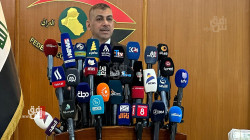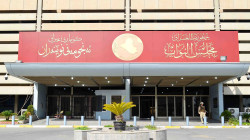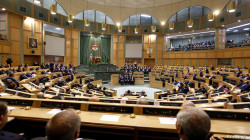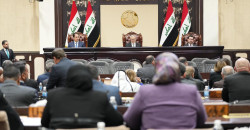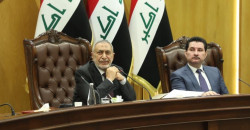Iraq's Amnesty Law stalled in parliament amid political impasse: lawmaker
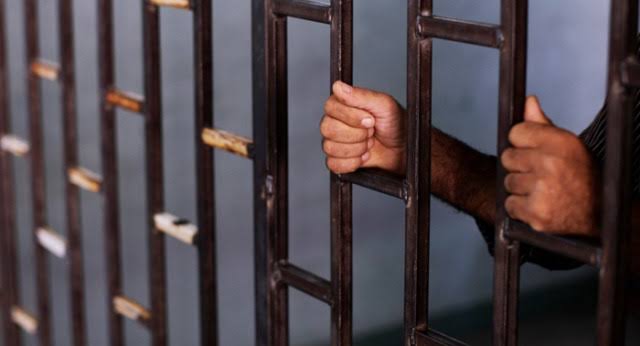
Shafaq News/ Iraq's divisive amnesty law, a key demand of Sunni blocs, faces further delay due to a lack of consensus between political factions, a lawmaker suggested on Wednesday.
The legislation, unlikely to be addressed in the current session, could be pushed back to the next parliamentary term, according to the Sunni member of the parliament.
For nearly a year, disagreements over crucial aspects of the law, particularly the definition of "terrorism" and who qualifies for amnesty, have stymied its passage. Sunni lawmakers have made the law's enactment a condition for their participation in the government formation talks that led to the establishment of the current administration led by Prime Minister Mohammed Shia al-Sudani.
The government's program, according to Sunni legislators, includes provisions for the amnesty law, security screenings in Sunni-majority governorate, and the dissolution or suspension of bodies deemed problematic by Sunni groups.
However, a major sticking point remains the scope of the amnesty, with Sunni and Shiite blocs failing to agree on the categories of individuals it would apply to.
Speaking to Shafaq News Agency, Mohammed Anouz, a member of parliament's legal committee, acknowledged the law's significance but emphasized the need for political accord. "The amnesty law is an important piece of legislation for the House of Representatives," Anouz said. "Its discussion and passage necessitate political agreement and consensus among the blocs and political parties."
Anouz revealed that the legal committee had previously requested the inclusion of the amnesty law amendment on the parliament's agenda. However, the request was denied due to ongoing political disputes and the delay in electing a new parliamentary speaker.
"The revision of the amnesty law, including its reading, debate, and vote, will likely be deferred to the next legislative session or even the next parliamentary term," Anouz concluded.

